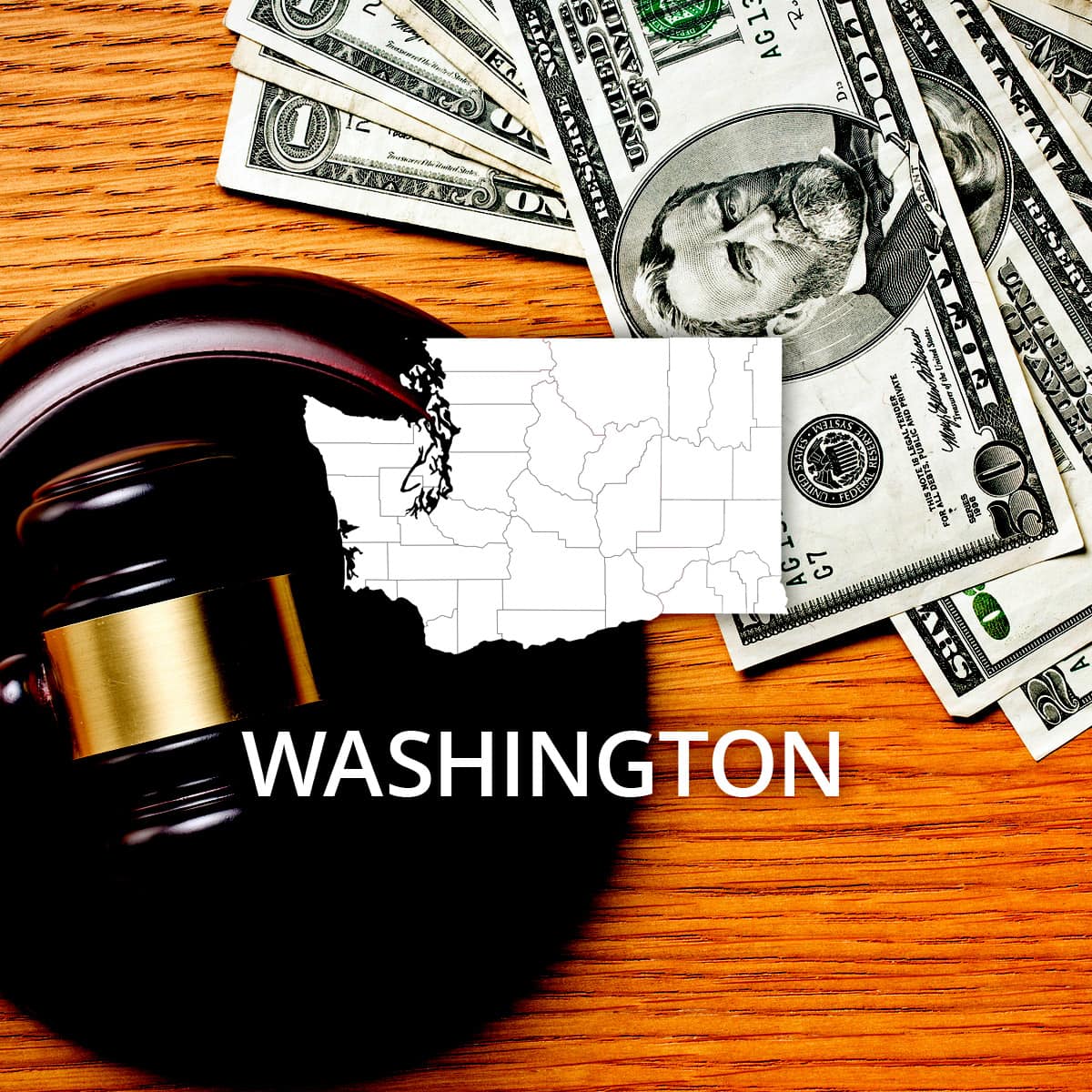 Multiple Bankruptcies: How Often You Can File One?
Multiple Bankruptcies: How Often You Can File One?
Table of Contents
 How to File Bankruptcy in Washington
How to File Bankruptcy in Washington
 Bankruptcy is a matter of federal court and is governed by federal statutes. Cases are filed with local U.S. Bankruptcy Courts, and at least one is located in each state district. Washington has two districts, the Eastern District and Western District.
Bankruptcy is a matter of federal court and is governed by federal statutes. Cases are filed with local U.S. Bankruptcy Courts, and at least one is located in each state district. Washington has two districts, the Eastern District and Western District.
 Types of Bankruptcy and Terms
Types of Bankruptcy and Terms
Chapter 7 and 13 are commonly filed by individuals.
Washington State Chapter 7 Bankruptcy
Chapter 7 allows debtors to discharge unsecured debt and liquidate property to help pay back secured debts. However, debts such as student loans and taxes may not be discharged.
Washington State Chapter 13 Bankruptcy
Chapter 13 provides for reorganizing debt for lower payments and/or balances, while allowing the individual to maintain ownership of property such as houses and cars.
Chapter 12 is filed by fishermen and farmers, and Chapter 11 is filed by businesses wishing to reorganize debts and stay open.
Bankruptcy can be a good option when debts are simply too high to maintain minimum financial obligations, but the result is damaged credit for up to 10 years. The courts suggest consulting with a local attorney prior to filing, though you can file without an attorney,or pro se.
 Steps to Filing Bankruptcy in Washington State
Steps to Filing Bankruptcy in Washington State
Before filing bankruptcy, individuals must complete an approved credit counseling course within six months' time prior to filing. The completion certificate is provided to the court upon initial filing, which is also when court fees are payable. Non-payment of court fees can result in a case dismissal.
 How Much Does It Cost to File for Bankruptcy in Washington State?
How Much Does It Cost to File for Bankruptcy in Washington State?
Chapter 7 and 13 bankruptcy initial filing fees total a few hundred dollars, and Chapter 11 is $1500 or more. Chapter 7 filers can request a waiver form or reduced payment plan to fulfill filing fee requirements.
 Bankruptcy Process in Washington State
Bankruptcy Process in Washington State
Schedules, balance sheets, tax forms and identification must all be submitted to the court prior to the initial hearing. Incomplete or missing information can result in a case dismissal. The court must account for all sources of income, financial obligations, net worth, property owned and ability to pay back existing debts. Chapter 7 filers must also complete a means test to prove they cannot feasibly pay back what they owe to creditors.
The court will then assign a trustee and schedule a meeting of creditors to determine the terms of the bankruptcy. Creditors will likely ask the debtor questions regarding their current income and employment, as well as learn about other outstanding debts they must clear. Payment arrangements are outlined and discharged debts are decided in this meeting. The resulting schedule is presented in court to be approved.
 Washington State Bankruptcy Forms
Washington State Bankruptcy Forms
Before the court will complete a bankruptcy, the filer must also complete a financial management course by an approved vendor. These vendors are listed with the local U.S. Bankruptcy Court.
Additional information and bankruptcy forms can be found at https://www.uscourts.gov/forms/bankruptcy-forms or RecordsFinder.com Court Forms Section.
 Location Specific Information
Location Specific Information
Western Washington Bankruptcy Court
The Western District of Washington U.S. Bankruptcy Court is located in Seattle and Tacoma, and hours are 8:30 a.m.- 4:30 p.m., Monday through Friday.
Eastern Washington Bankruptcy Court
The Eastern District of Washington has courts in Spokane and Yakima. Hours of operation are the same as the Western District courts.




